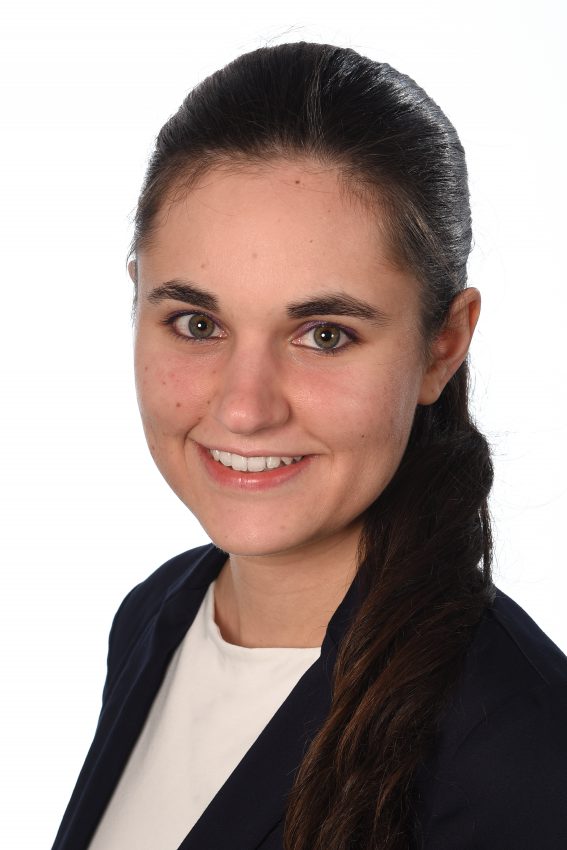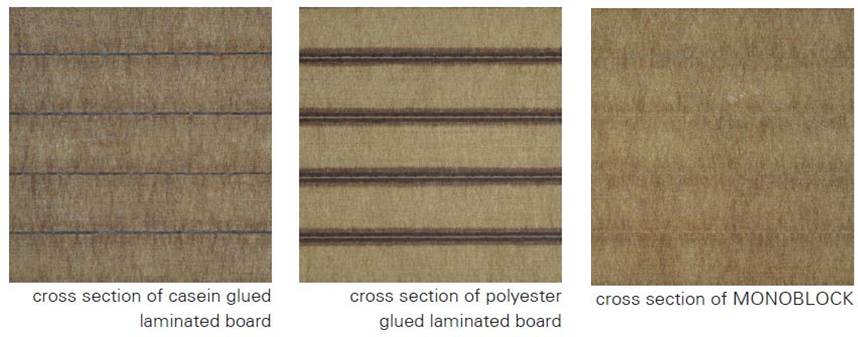
Nadine Peneder
MFC Application Engineer
Just last month Weidmann celebrated its 140 years jubilee. The company is the world leader in electrical insulation materials for transformers and has amassed an immense amount of knowledge about cellulose in these years. But how did Weidmann get from producing transformerboard and paper to building a microfibrillated cellulose plant?
All started with the problem that manufacturing of pressboard sheets with thicknesses greater than 8 mm is economically not reasonable and therefore transformerboard sheets have to be glued together to achieve the required thickness of up to 250 mm.
Usually, polyesters, phenolic resins or casein are used as adhesives. The disadvantage of these materials is that solvents are needed for equipment cleaning (casein excluded). Furthermore, the glue line acts as an oil and water vapor barrier. Thus, the impregnation with oil perpendicular to the plies is disabled and takes much longer. Another issue is that the glue line increases the probability of low partial discharge inception voltage because voids from air bubbles do not impregnate with oil.
After two years of intensive research and development the innovation department of Weidmann Electrical Technology came up with a solution called Weidmann Monoblock. The product is completely made of cellulose and is environmental friendly as well as recyclable. As an adhesive, a layer of micro- and/or nanoscale cellulose fibers is applied to the transformerboards. Therefore, no layer with barrier properties is formed and the pressboard can be impregnated much faster. The risk of unimpregnated voids belongs to history.
 Glue lines of laminated board with adhesives of polymer resin (left), casein (middle) and microfibrillated cellulose.
Glue lines of laminated board with adhesives of polymer resin (left), casein (middle) and microfibrillated cellulose.
Finding a suitable supplier for microfibrillated cellulose however was difficult because at that time, the material was not yet produced in larger quantities or not in the required quality. Therefore, Weidmann decided to builds its own production line of MFC.
In 2015 Weidmann Fiber Technology was founded to exploit further applications of MFC and increase our knowledge of this interesting material.